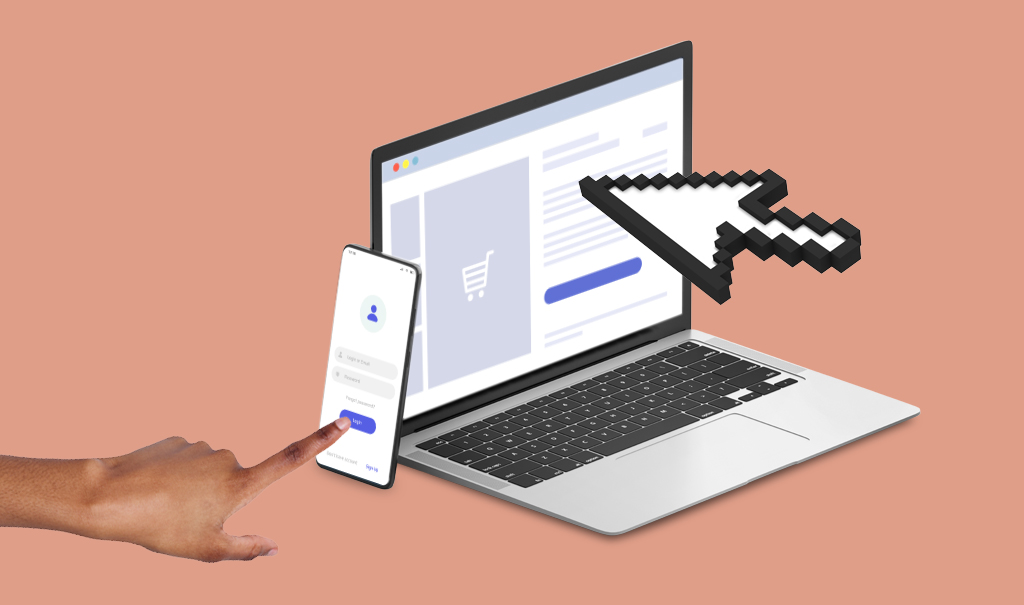
What’s the Difference Between a Website, a Web App, and a Mobile App?
Wrapping one’s head around web development can be overwhelming. We get it. It’s a lot. We’re frequently asked the difference between a website, a web app, and a native app. As much as we love having the conversation over and over, we thought this was an apt opportunity to make an informative blog.
Are You Asking the Right Question?
We can help you arrive at the correct answer by making sure we’re helping you ask the appropriate question. A web app and a native app have become more similar over the years. There are plenty of tools that allow them to basically function the same, save one works on the computer in your pocket and the other works on the computer on your desk.
If you’re asking Mad Genius about a website, you’re probably thinking about a marketing website. To help us differentiate between a marketing website and a web app, consider Facebook. Facebook is, of course, a website, and just like any website, you can type facebook.com into the address bar or click on a link from a search engine to get there. It is also an app that you can download to your phone or computer. While they're all Facebook, the website and the app provide different user experiences and have different goals.
Take a look at this graph which breaks down the key differences between a website, a web app, and a native app.

Differences Between Websites, Web Apps, and Native Apps
| Website | Web App | Native App | |
| Access | - Web browser (Mobile/Desktop) - No installation required | - Web browser (Mobile/Desktop) - Can be installed or accessed via URL | - Downloaded to a device - App store approval required |
| Function | - “Static” content delivery - Presents information | - “Dynamic” interactive experiences - Performance and security benefits - Can apply complex and custom business logic | - Built for a specific operating system - Performance and security benefits - Allow for access to device features |
| Best For | - Businesses that need more visibility and credibility - Content marketing - Generating leads | - Businesses looking to offer interactive experiences that meet their specific business needs - Frequent user engagement | - Businesses that want more profound engagement - Offline use - Hardware-intensive features |
| Development | - Wordpress - Squarespace - Countless other content management systems - Minimal ongoing maintenance | - Custom built - React - Bubble - Glide - Firebase - Progressive web app tools | - Custom built - XCode (IOS) - Android Studio - Flutter; React Native - Unity (Games) |
| Audience | - Public - Customers - First-time users - Information seekers | - Users who need to do something rather than just read something | - Users who need frequent, fast, and personalized access |
| Limitations | - Internet connection required - Limited offline functionality | - Limited device access compared to native apps | - Requires download and storage space - Must be developed separately for each operating system (iOS, Android, etc.) |
So, Which is Right for You?
Now that you’ve got a sense of all key differences between a marketing website, a web app, and a native app, it’s up to you to determine which one works best for your business. Remember to consider things like your target audience, budget, and the functionality you need from both your potential website and web app. You might even find you require more than one. After all, there are plenty of businesses that have some version of all three.
Still have a few questions? That’s perfectly fine because we have geniuses standing by to answer them. Fill out the contact form below and let’s talk even more about marketing websites, web apps, and native apps—we love this stuff.